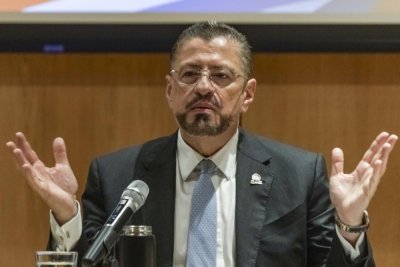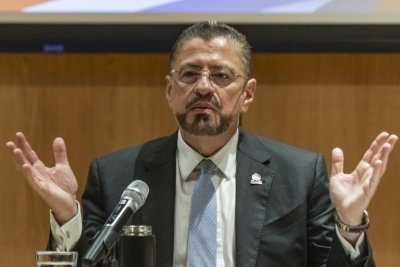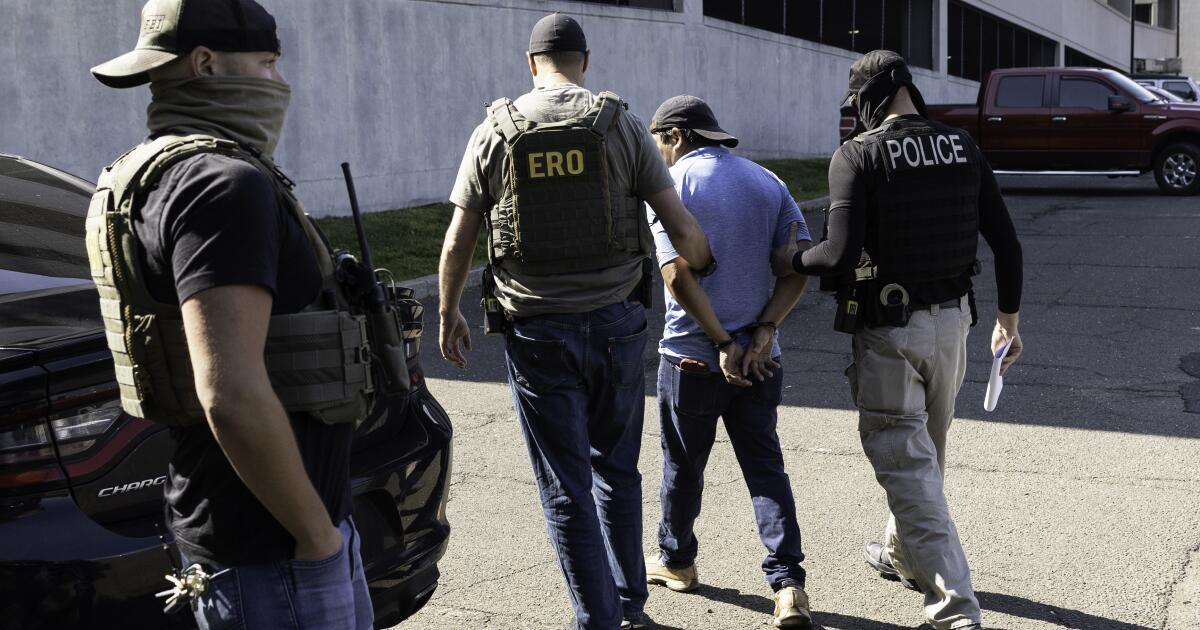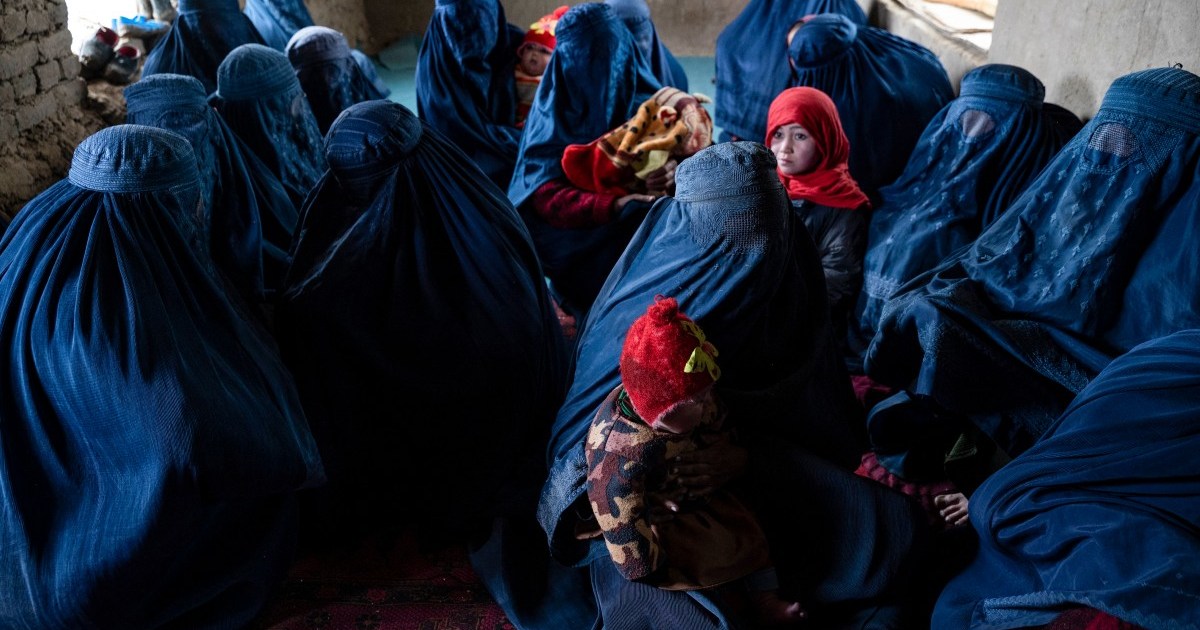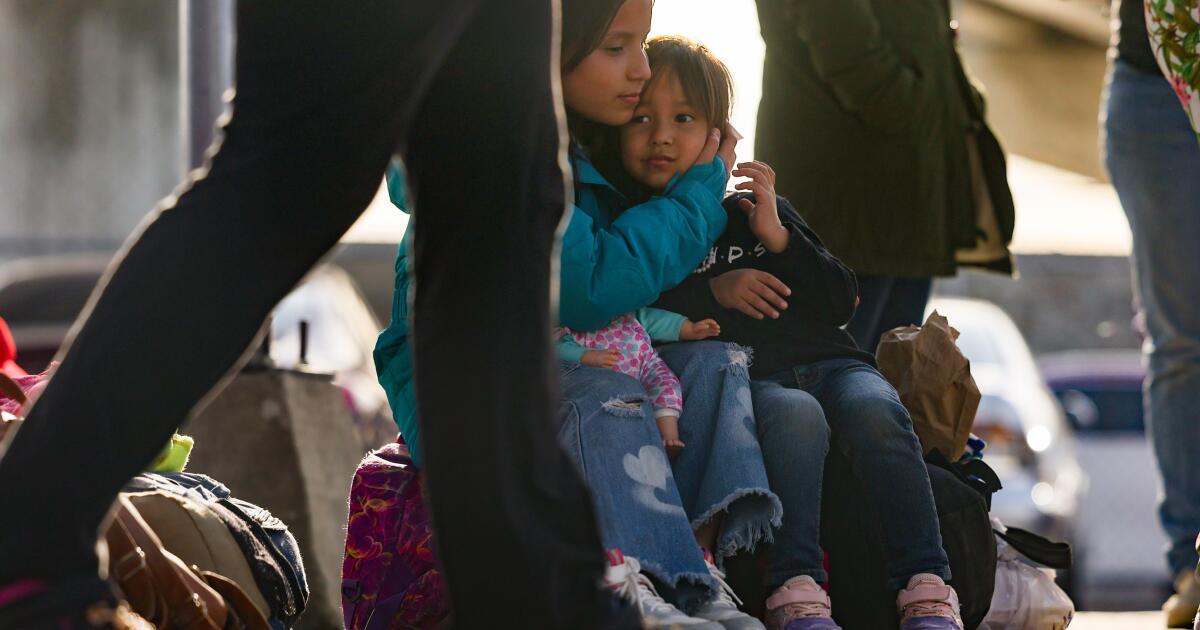Judges at the International Criminal Court (ICC) have issued arrest warrants for two top Taliban leaders on charges of persecuting women and girls.
ICC judges on Tuesday said there were “reasonable grounds” to suspect Taliban Supreme Leader Hibatullah Akhundzada and chief justice Abdul Hakim Haqqani of committing gender-based persecution.
“While the Taliban have imposed certain rules and prohibitions on the population as a whole, they have specifically targeted girls and women by reason of their gender, depriving them of fundamental rights and freedoms,” the court said in a statement.
The Taliban had “severely deprived” girls and women of the rights to education, privacy and family life and the freedoms of movement, expression, thought, conscience and religion, ICC judges said.
“In addition, other persons were targeted because certain expressions of sexuality and/or gender identity were regarded as inconsistent with the Taliban’s policy on gender.”
The court said the alleged crimes had been committed between August 15, 2021, when the Taliban seized power, and continued until at least January 20, 2025.
The court’s chief prosecutor, Karim Khan, sought the warrants in January, saying that they recognised that “Afghan women and girls as well as the LGBTQI+ community are facing an unprecedented, unconscionable and ongoing persecution by the Taliban”.
UK-based rights group Amnesty International welcomed the move by the ICC, saying it was an “important step towards justice”.
“The announcement is an important development that gives hope, inside and outside the country to Afghan women, girls, as well as those persecuted on the basis of gender identity or expression,” Amnesty International chief Agnes Callamard said in a statement.
“This is a crucial step to hold accountable all those allegedly responsible for the gender-based deprivation of fundamental rights to education, to free movement and free expression, to private and family life, to free assembly, and to physical integrity and autonomy.”
The US-based Human Rights Watch also welcomed the decision.
“Senior Taliban leaders are now wanted men for their alleged persecution of women, girls, and gender non-conforming people. The international community should fully back the ICC in its critical work in Afghanistan and globally, including through concerted efforts to enforce the court’s warrants,” Liz Evenson, the group’s international justice director, said in a statement.
The ICC, based in The Hague, was set up to rule on the world’s worst crimes, such as war crimes and crimes against humanity. It has no police force of its own and relies on member states to carry out its arrest warrants – with mixed results.
In theory, this means anyone subject to an ICC arrest warrant cannot travel to a member state for fear of being detained.
Last year, the United Nations accused the Taliban government of barring at least 1.4 million girls of their right to an education during their time in power.
Taking into account the number of girls not going to school before the group came to power, the UN said 80 percent of Afghan school-age girls – a total of 2.5 million – were being denied their right to an education.
Authorities also imposed restrictions on women working for non-governmental groups and other employment, with thousands of women losing government jobs.
Beauty salons have been closed and women blocked from visiting public parks and gyms as well as travelling long distances without a male chaperone.
A “vice and virtue” law announced last summer ordered women not to sing or recite poetry in public and for their voices and bodies to be “concealed” outside the home.

